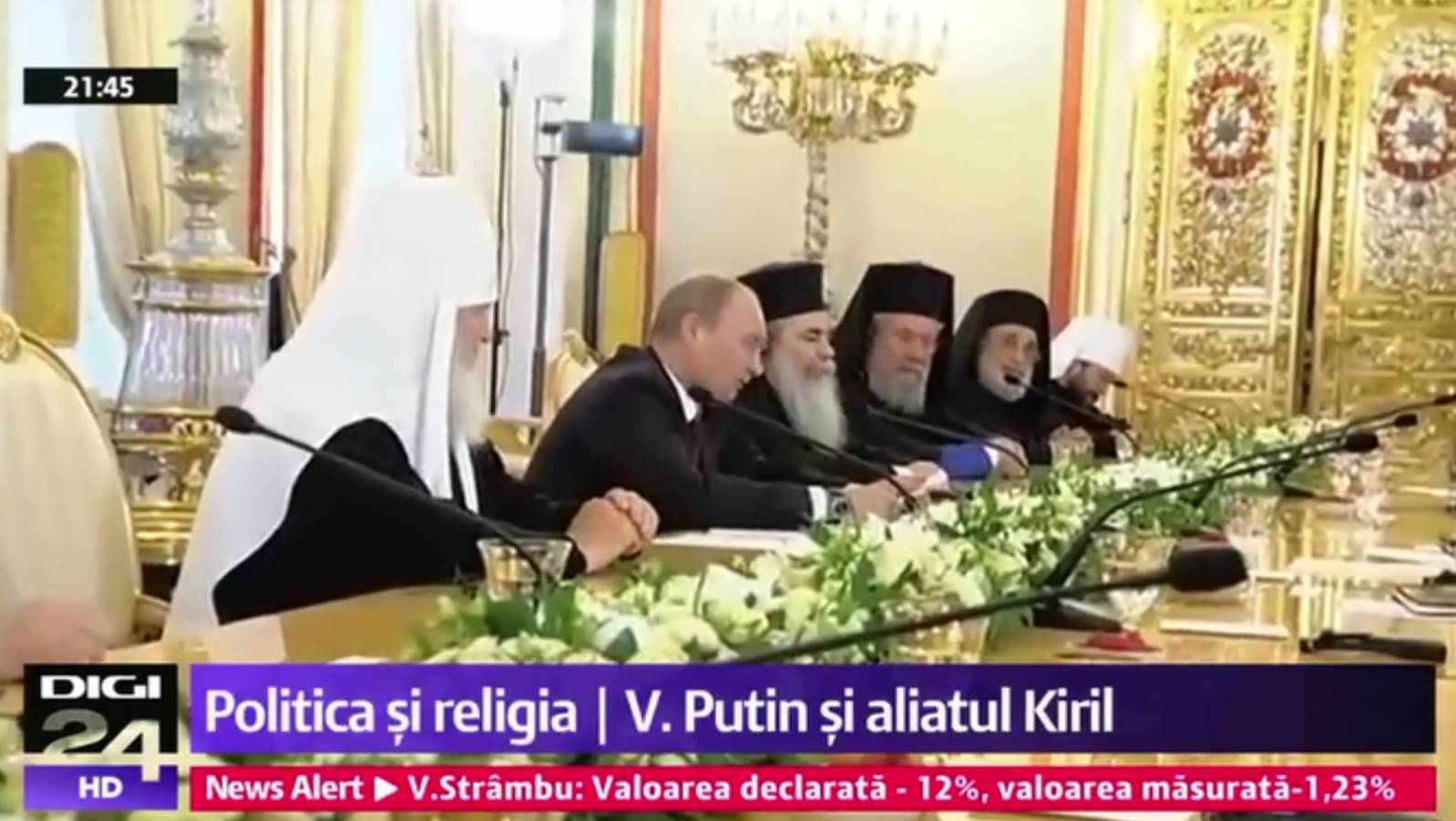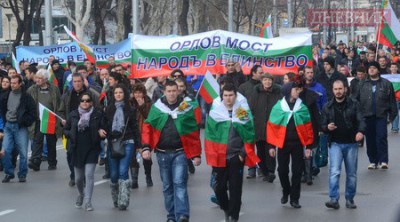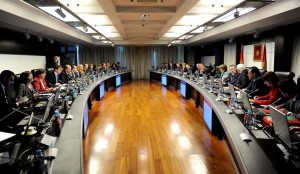How the European Crises Affect East-Central Europe, in: Problems of Post-Communism, 63 (5), September 2016
The present article proposes to study and compare the state of democracy in East-Central European countries. Such a comparative survey is deemed timely because there have been electoral landslides, corruption scandals involving political leaders and mass protests in several of these countries. Popular satisfaction with democracy has declined and democratic accountability institutions have been eroded in Hungary and Poland. These developments pose questions about where these democracies are heading and how their paths are related to the crisis of European integration.
 More frequent references and appeals to shared religious beliefs in recent years reflect the growth of right-wing populism, uncertainties caused by the crisis of European integration and fears regarding the inflow of predominantly Muslim refugees. The extent to which religious references are made in political discourses also varies according to the strength of religious allegiances and the respective influence of churches in societies. Contemporary resonance structures are rooted in state identities and the influences of historical state-building coalitions with churches.
More frequent references and appeals to shared religious beliefs in recent years reflect the growth of right-wing populism, uncertainties caused by the crisis of European integration and fears regarding the inflow of predominantly Muslim refugees. The extent to which religious references are made in political discourses also varies according to the strength of religious allegiances and the respective influence of churches in societies. Contemporary resonance structures are rooted in state identities and the influences of historical state-building coalitions with churches.

